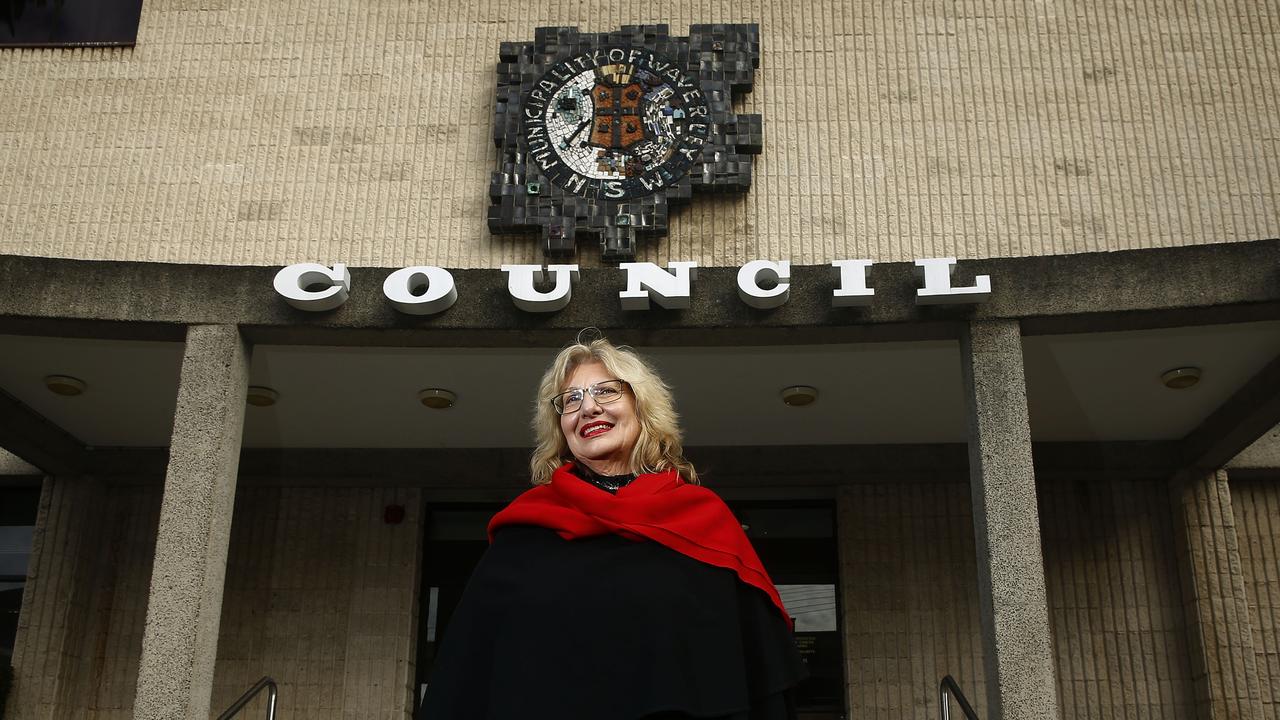Bondi Boot Factory development: Costs soar for building defects, unpaid subcontractors after Lloyd Group collapse
A Sydney council has been left footing the bill for rising costs associated with completing an upgrade of a historic boot factory after the lead builder on the project collapsed into voluntary administration.

Construction defects, rising building costs and unpaid subcontractors have led to a funding blowout on a historic eastern suburbs boot factory after the lead builder on the project collapsed into voluntary administration.
Waverley Council has been left to foot the bill for rising costs associated with completing an upgrade of the Bondi Junction Boot Factory – a landmark 129-year-old building recognised as one of he last remaining Victorian-era industrial buildings in Sydney’s eastern suburbs.
The council-funded upgrade – which also incorporates the Mill Hill Community Centre and Norman Lee place – involves the transformation of the site into an innovation hub with a seniors centre, cafe, and community spaces.
The council has revealed construction defects and other site conditions have resulted in the estimated cost in completing the upgrade soaring to $7.8 million – higher than the project’s original $5.3 million budget.
The rising cost comes after the original contractor on the project, Lloyd Group, was placed into voluntary administration in March last year – resulting in Waverley Council having to appoint a new construction company, Schiavello Constructions, to complete the remaining stages of the development.

A breakdown of the rising budget shows some of the funds will be required to fix “defective works” at the site which according to an assessment by Schiavello were carried out by Lloyd Group.
The council report claims there were also “numerous examples where Lloyd Group had procured materials or services for the project but had not paid their suppliers or subcontractors” – resulting in the council having to pay an additional $1.5 million to keep the project on track.
The council claims Lloyd Group had also underquoted material supply costs and other aspects of the development including works relating to waterproofing.

Waverley Council has now engaged consultants to assist lodging a professional indemnity claim against Lloyd Group’s insurance provider in an attempt to recoup approximately $4.5 million from “Lloyd’s defective works and subsequent collapse”, the council report states.
Lloyd Group, a Melbourne-based construction company, had also been awarded a long list of other local and state government-funded projects before being placed into administration including school upgrades, skate parks, and the upgrade of Tamarama Surf Club.
A council spokesman said since Schiavello was appointed to complete the work, it was determined that work on the site “had been significantly underquoted by Lloyd Group”.
“After further interrogation, which is only possible by commencing works, Schiavello concluded that the project was larger than previously anticipated due to the discovery of an increased amount of defective works. As a result, further capital funding was required to complete the project,” he said.

Senior staff at Waverley Council told a council meeting that the rising budget associated with the boot factory had not resulted in the cancellation of any other council projects to date, however a review of the council’s funding strategy may require some works to be deferred.
The council states significant progress has been made since Schiavello was appointed to oversee the final stages of the upgrade which is now estimated for completion in August.
The opening date is two years later than the original completion in 2022 – a date that was set prior to Lloyd Group being placed into administration.

Mayor Paula Masselos said the upgrade had been keenly awaited by local community groups and the insurance claim – if successful – would negate the need for additional council funds to be funnelled into the project.
The three-storey Boot Factory – built in 1892 for shoemakers William Sidaway and Son – is recognised by historians as a prime example of industrial Victorian classical architecture and was granted local heritage protection in 1966.




